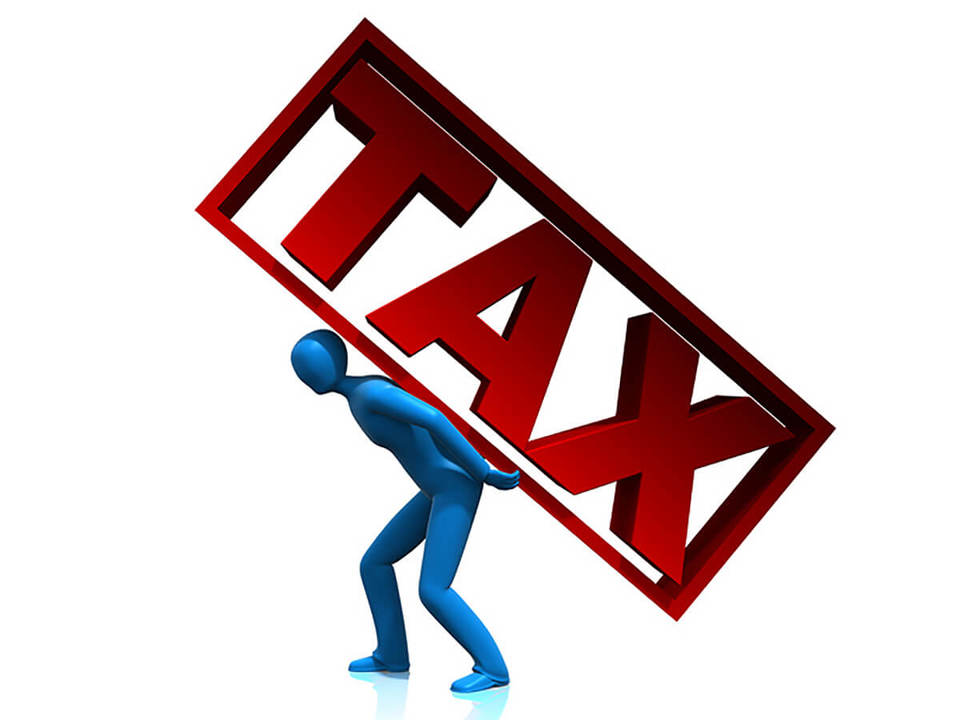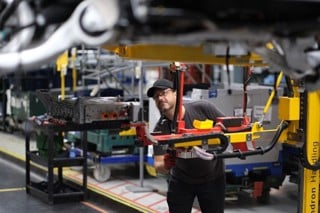The refusal by HM Revenue and Customs (HMRC) to reveal advance benefit-in-kind thresholds is causing concern that company car drivers could be seen as an easy target to help repay the deficit.
ACFO and the BVRLA met HMRC and Treasury officials recently to discuss a range of issues, including BIK rates, which are currently unknown after 2013/14.
However, despite their calls for five years’ advance notification, reflecting the extension of vehicle replacement cycles, a Treasury spokesman has told Fleet News that it will maintain its current three-year cycle and will reveal the rates for 2014/15 in the Budget in March (Fleet News, October 13).
Company car drivers selecting a model now only know how much tax they will pay until the 2013/14 tax year. Taking into consideration delivery times of three to six months, and with many company cars being kept for four years, some drivers are choosing cars with no knowledge of their monthly tax bill for more than two years of ownership.
Likewise, the amount of National Insurance to be paid by the employer is also not known past 2013/14. ACFO chairman Julie Jenner said: “Is there an ulterior motive for HMRC not giving us a clear picture of what the tax will be?
“We have been an easy target in the past and this cannot be allowed to happen again, but my fear is that the Government will use the company car driver to help repay the deficit.”
It’s especially concerning when the cost of postponing January’s 3.02ppl fuel duty increase until August (replacing the original 2ppl rise planned in August) is taken into consideration.
Official figures from the Office for Budget Responsibility (OBR) reveal that this action will leave the Treasury with a shortfall of £4.825 billion over the next five years.
John Lewis, BVRLA chief executive, said: “Drivers need to understand the tax liability for the contract of the car. I can understand HMRC not wanting to fix tax too far forward, but they have a responsibility to give a reasonable period of notice. We don’t want BIK to be used as a budget balancer.”
While Lewis, like Jenner, does not believe it is the Government’s “strategic intention” to use BIK as an easy way to raise finances, he added: “It’s a perverse intention by not giving enough notice.”
Company car drivers that have opted for a low-emitting car already face a sizeable increase in BIK from April 2012 if their CO2 emissions are between 100 and 120g/km.
A £30,000 BMW 520d, with CO2 emissions of 119g/km, for example will rise from the 13% band (including the 3% diesel surcharge) to 17%. A higher-rate taxpayer’s bill will therefore increase by almost £500 for the 2012/13 tax year.
In contrast, a driver of a car emitting 121-124g/km will face no increase in tax over the same period as they will remain in the same 15% (18% for diesel) band.
Jeff Whitcombe, director at BCF Wessex, said: “From next April many company car drivers will see a significant increase in the income tax they pay on their company cars.
“Worst hit will be drivers of cars with CO2 emissions of 100-120g/km for which the privileged 10% rate will no longer apply.”
Whitcombe continued: “None of these changes should come as a big surprise as they were pre-announced some time ago, but unless employees are familiar with working out the income tax they pay or have help from their employers, many HR departments will be asked to explain why net pay goes down in May 2012.”
Lewis and Jenner believe the 3% diesel surcharge is another issue that HMRC needs to reconsider. The surcharge was introduced in 2002 as a way to penalise Euro3 diesel engines that emitted high levels of NOx and particulates.
However, modern diesel engines have much lower NOx and particulate emissions, which means the surcharge can no longer be justified. Referring to the surcharge as a “mickey mouse air quality tax”, Lewis called for the focus to switch to tailpipe emissions with a rebalancing of the supplement between petrol and diesel.
But he was clear that it was about fairness rather than paying less tax.
“We want simplification,” he told Fleet News. “We aren’t saying everyone should pay less tax; we just want to get away from the technical tweaks and have something based on tailpipe emissions. There’s no excuse under Euro6.”
Jenner added: “There are no valid reasons for today’s diesel models to carry a 3% company car benefit-in-kind supplement. It was introduced almost a decade ago for reasons that no longer exist.”
























Login to comment
Comments
No comments have been made yet.